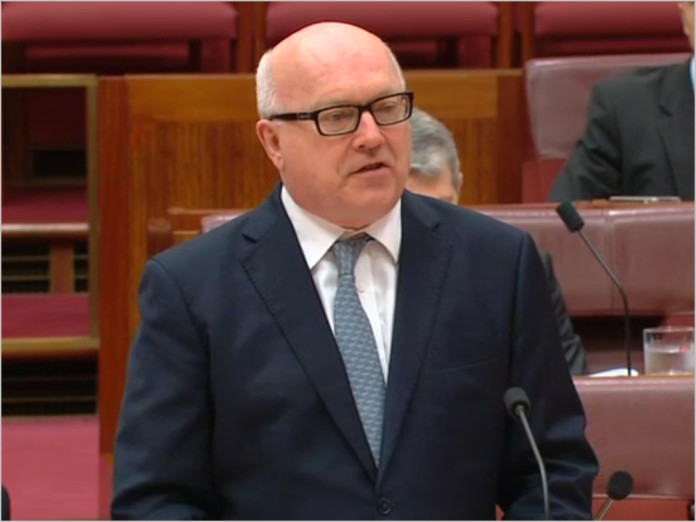
news The Federal Government has revealed the details of grants aimed to assist companies with the cost burden of compliance with data-retention legislation.
In a statement, Senator George Brandis QC, Attorney-General and Leader of the Government in the Senate, said that the Data Retention Industry Grants Programme would deliver on the Government’s commitment to make a “substantial financial contribution” to service providers’ up-front costs of meeting their data retention obligations.
The $128.4 million programme was set up following “extensive consultation” with the telecommunications industry, particularly through the Implementation Working Group, the Attorney-General added.
The grant scheme sees 180 service providers receiving support of up to 80% of their implementation costs in most cases.
“All eligible small and medium businesses will receive a minimum Government contribution of 80% towards their implementation costs,” Senator Brandis said.
Service providers will receive 50% of their grant “immediately” upon signing a funding agreement, in order to help businesses comply with regulations. The remaining 50% of the funds will be paid once reporting requirements have been met.
Along with the statement, the Government has released a list (pdf) of which 180 companies will receive grants and the level of funding being received.
The document reveals that, among the larger telcos, Telstra will receive the largest amount with $39,915,538, while Vodafone Australia gets $28,848,519 and Optus $14,763,859.
Further down the scale, MNF Group will receive $3,004,000, Exetel $1,803,778, Broadband Solutions $2,201,006 and NBN Co $1,067,515.
The bulk of the grants, however, are below $1 million and some smaller firms will receive as little as $10,000.
The data retention legislation – the Telecommunications (Interception and Access) Amendment (Data Retention) Act 2015 – was passed by the Government in March.
The act means that telecommunications providers must keep customers’ call records, locations, IP addresses, billing information, and other data for two years.
Senator Brandis said such data is used in “nearly every” counter-terrorism, counter-espionage and major crime investigation. It is also “essential” for the investigation of child abuse and child pornography offences, he said.
“We will continue to do everything we can to ensure that our agencies have the resources and powers they need to keep our community safe,” the Attorney-General concluded.
Image credit: Parliamentary Broadcasting

They can’t fund them they don’t have the budget. It won’t cover scaled storage and security administration. They have let it wide open for cyber attack. They are giving people’s private records up to criminals and governments that spy on people here including Saudi Arabia and China. Records that should never be recorded.
Sounds like money laundering to me to Telstra. Wasted money for a wasteful experiment. A national security risk.
How much money is it now the LNP have given Tel$ra over the last 4 years?
Comments are closed.